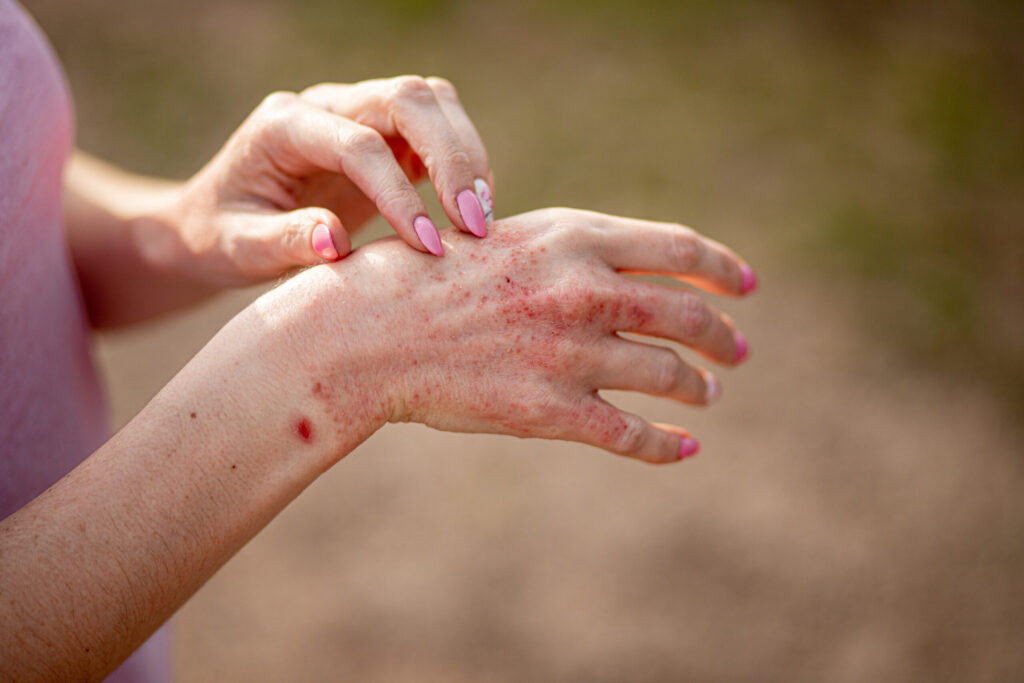
Plaque psoriasis affects more than 8 million Americans. These raised, scaly patches appear on either the skin or scalp and may cause pain and itching.
Treatment can help alleviate symptoms. Doctors usually suggest medications applied directly to your skin or scalp, like creams and ointments; these products can either be purchased over-the-counter or through a prescription.
Topical Treatments
Psoriasis may not have a cure, but treatments can help to keep symptoms at bay. You may need to explore various therapies until you find what works for you best.
Your GP may prescribe creams to ease redness and itching as well as slow the development of skin cells. Corticosteroids are among the most widely used topical treatments and may be provided in forms such as ointments, creams, oils or gels.
Coal tar, salicylic acid and dithranol are also popular treatments for skin psoriasis; these may lead to staining; therefore it's wise to wear old clothes while bathing or showering in them, while Lipid-stabilized dithranol may stain less severely, and comes as both cream and foam versions for ease of application.
Moisturizers that do not contain fragrance or oils may help lock in moisture, and reduce itching.
Light Therapy
Though there is no cure for psoriasis, therapies can help manage its symptoms and enhance quality of life. Therapies available include topical treatments (creams and ointments), light therapy (phototherapy) as well as oral or injectable medicines.
Plaque psoriasis is one of the most prevalent forms of this skin disease. It involves rapid skin cell production that leads to inflamed scaly patches on the surface of skin called plaques that appear as reddened with silvery scales or any color as they can appear anywhere on different parts of the body such as elbows, knees, scalp or lower back and often cause redness along with cracking, bleeding or itching on their surfaces; additionally they might pit and discolor nails causing pitting and discolorations on their surfaces as well.
A healthier lifestyle can reduce psoriasis symptoms and lower the risk of related health conditions, like heart disease and diabetes. Regular physical activity, weight loss and diet changes can all be helpful ways of managing symptoms and helping manage them effectively.
Medicine Injections
Biological treatments, administered as injections and working within your immune system to alleviate plaque psoriasis symptoms such as Tremfya (guselkumab), Brodalumab (Apoetin alfa), Secukinumab (Cosentyx), Ixekizumab (Taltz) or Ustekinumab (Cimzia) could be recommended if it has not responded to other treatments like topicals, light therapy or systemic medicines.
Psoriasis appears as scaly patches across the torso, scalp, elbows and knees or other areas. Products designed to soften scales before being gently scraped away with a scraper or special brush may help alleviate symptoms; medicated baths with lactic acid or salicylic acids may provide added relief; oral medications like methotrexate (Trexall) for inflammation reduction or short-term cyclosporine can provide temporary relief, but don't provide long-term cure.
Oral Medicines
If your plaque psoriasis does not respond to topical treatments and light therapy, your doctor may suggest oral medications or biologics as a form of treatment to calm your immune system and decrease inflammation throughout the body.
Vitamin D analogues, or ointments or creams containing low levels of active component found in sunlight-derived vitamin D, have been developed as medications to combat rapid cell division in skin tissue growth. They may be available over-the-counter or with a valid valid prescription.
As well as medication, other ways of relieving symptoms include exercising regularly, maintaining a healthy weight and not wearing clothing that irritates psoriasis patches. Joining or starting a support group may also prove helpful; conversely, talking openly with friends and family about your condition can alter their reactions toward you and increase their willingness to support you during an outbreak.
Biologics
If your psoriasis is severe, your doctor may recommend systemic medicines that work throughout your body to reduce inflammation and inhibit skin cell production. Some are made from living cells; most commonly prescribed are Otezla (Otezla), Enbrel (Enbrel), Adalimumab (Humira), Remicade and Stelara.
These drugs may reduce the thickness or completely get rid of your scales, while modifying your diet can also help. A healthy eating plan should include oily fish, green vegetables and leafy herbs; dairy, nightshade vegetables and gluten should be limited. Stress relief and alcohol avoidance can be useful too - getting plenty of exercise will ease symptoms while controlling weight and making medications more effective.

.jpg)